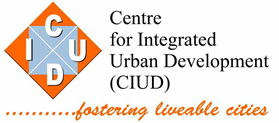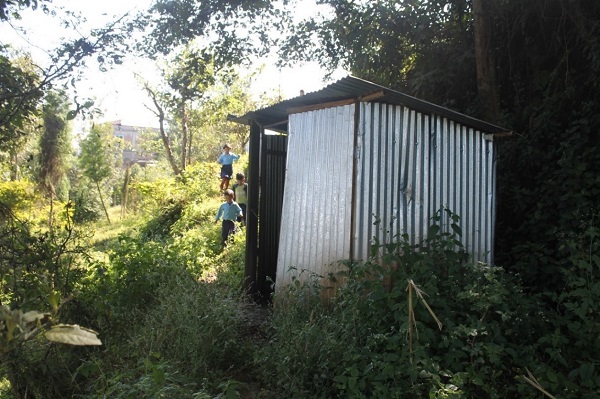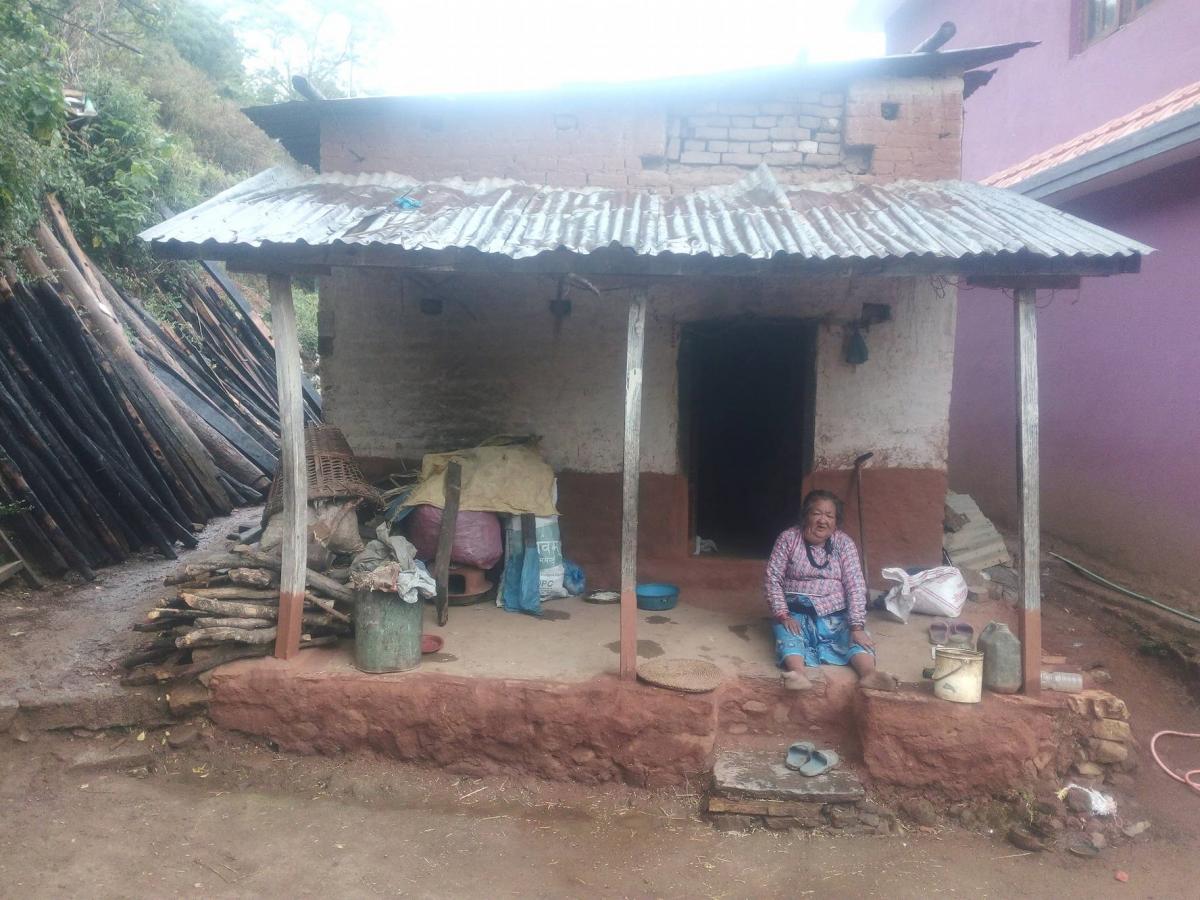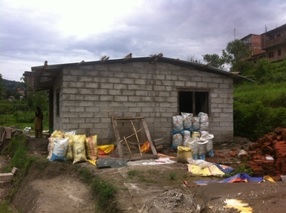Capacity Building of FCHVs for Public Health Emergency (PHE) Preparedness
On 11th August, 2017, an orientation program on ‘Capacity Building of Front Line Workers for Public Health Emergency (PHE) Preparedness’ was conducted in Chandragiri Municipality by CIUD under “Safe and Resilient WASH Intervention in Institutes of the Kathmandu District and Community PHE Preparedness in Kathmandu District – Project” supported by UNICEF. The participants of the program were Female Community Health Volunteers (FCHVs) of the same municipality. (more…)







